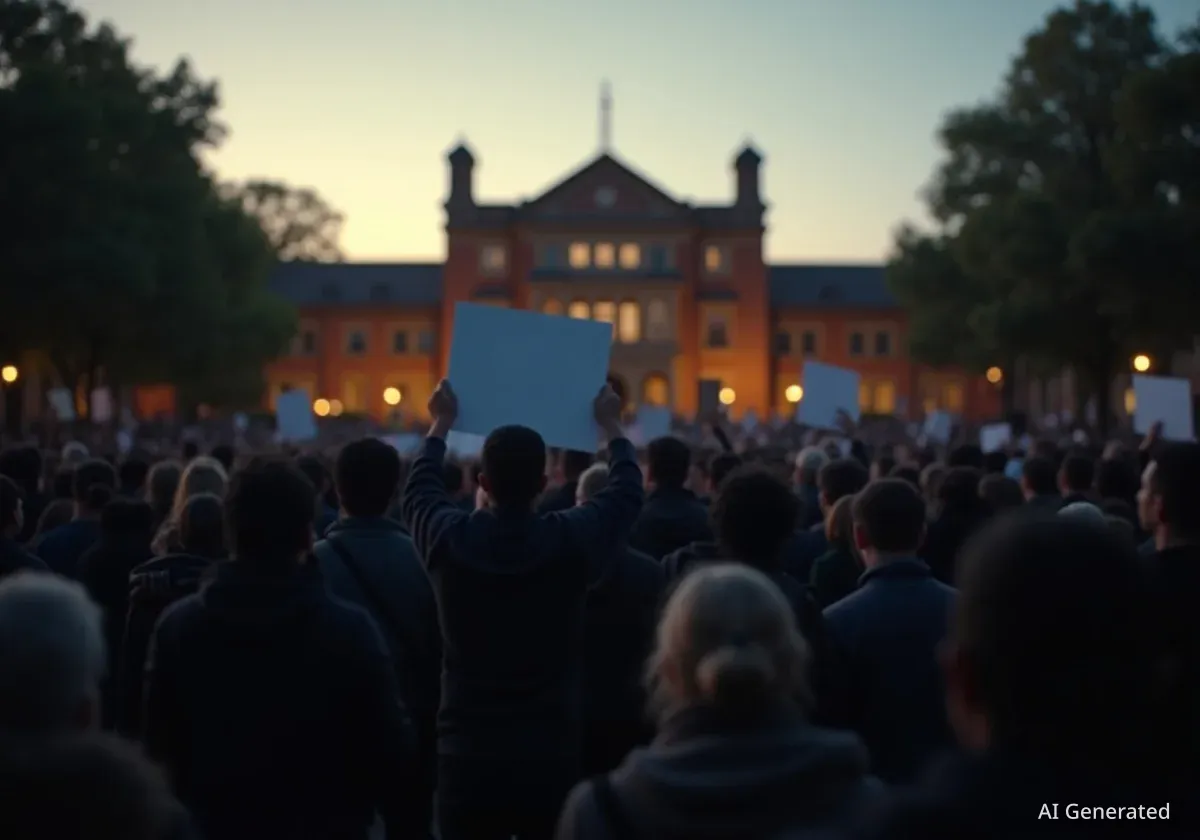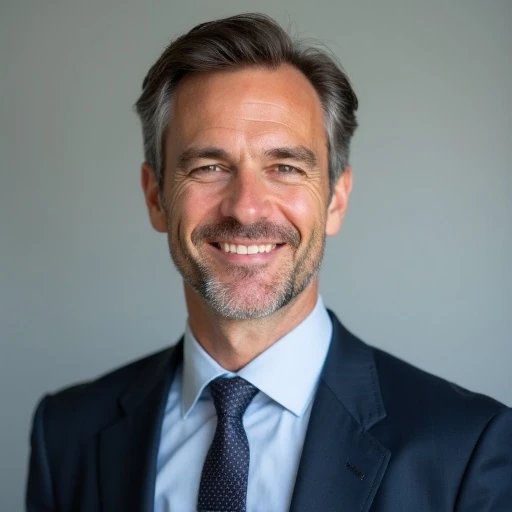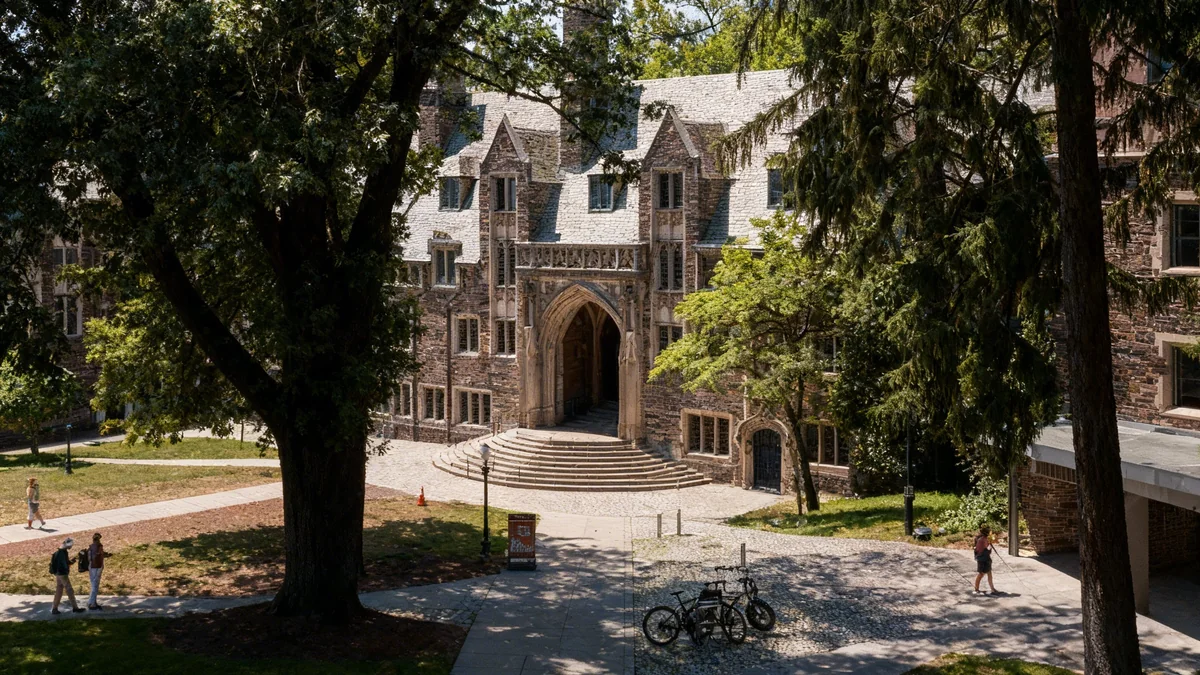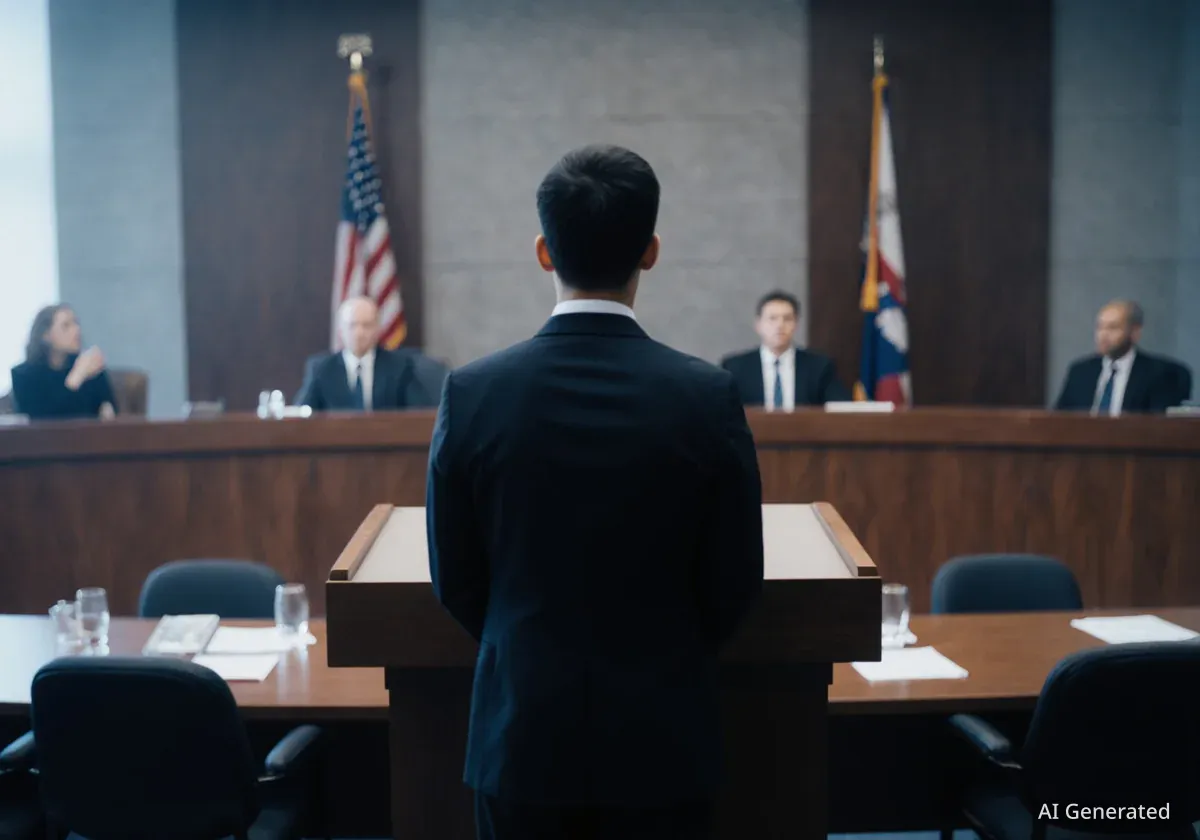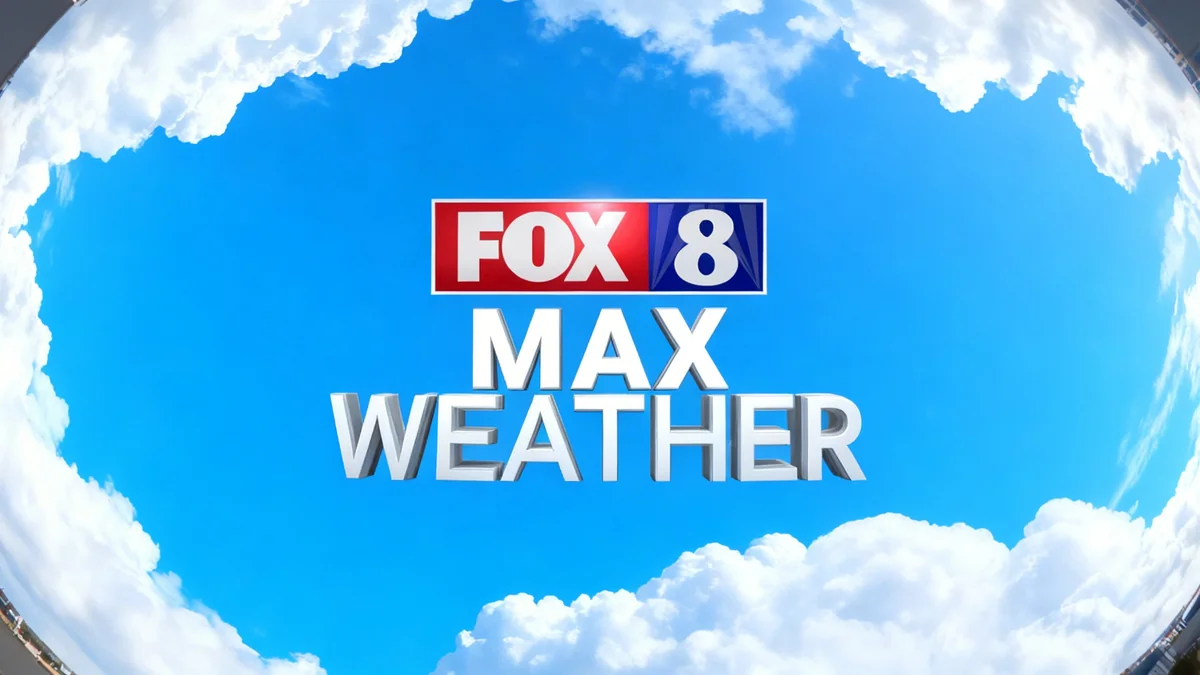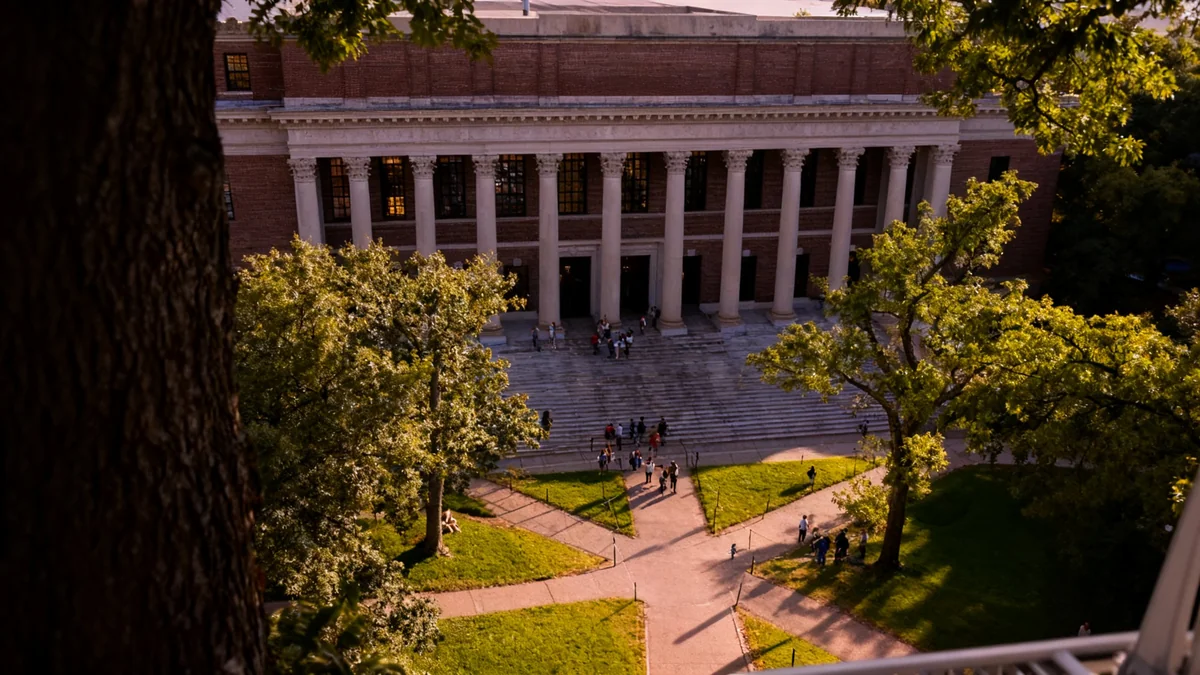Protests unfolded at the University of California, Berkeley, on Monday evening as the conservative student organization Turning Point USA hosted an event at Zellerbach Hall. The gathering, part of a national tour, took place just two months after the group's founder, Charlie Kirk, was killed in a targeted attack.
Demonstrators, organized by the activist coalition BAMN, gathered outside the venue to voice their opposition to the organization's platform. The event proceeded amid a tense atmosphere, highlighting the ongoing national debate over free speech on college campuses.
Key Takeaways
- Protests occurred at UC Berkeley during a Turning Point USA event on Monday, November 10.
- The event was held to honor the late founder Charlie Kirk and continue his advocacy for free speech.
- Activist group BAMN organized the demonstration, citing opposition to the organization's views.
- The university affirmed its commitment to supporting free expression for all student-hosted events.
Tensions Rise at Zellerbach Hall
On Monday night, the area surrounding Zellerbach Hall on the UC Berkeley campus became a focal point for demonstrations. Protesters assembled to challenge the presence of Turning Point USA, a group known for its conservative and libertarian activism on college campuses across the country.
The event was framed by Turning Point USA as a tribute to its late founder, Charlie Kirk, who was assassinated on September 10 while speaking at Utah Valley University. An organizer for the student group stated that the tour's purpose was twofold: to honor Kirk's legacy and to continue his mission of championing free speech through open debate.
Demonstrators, however, expressed strong disagreement with the organization's message. Banners and chants from the crowd criticized the group's past statements and policy positions, particularly those concerning minority groups and the LGBTQ community.
A Campus with a History of Activism
UC Berkeley has long been a center for political activism, famously serving as the birthplace of the Free Speech Movement in the 1960s. This history often creates a complex environment for events featuring controversial speakers, balancing the university's commitment to open discourse with the safety and concerns of its student body.
In response to inquiries about the event, a university spokesperson declined to provide specific details on security measures. However, they issued a statement reinforcing the institution's official policy.
"The university works to support the rights and ability of all speakers to participate in events hosted by student organizations without regard for their beliefs and perspectives," the spokesperson stated.
Conflicting Views on Free Speech
The core of the conflict on Monday evening revolved around differing interpretations of free speech. For Turning Point USA and its supporters, the event was an exercise of their fundamental right to express their views, even if those views are unpopular with some segments of the campus community.
The organization has consistently argued that universities should be arenas for the open exchange of all ideas. They see their campus tours as a way to challenge what they perceive as a dominant left-leaning ideology in higher education.
The Legacy of Charlie Kirk
Charlie Kirk founded Turning Point USA in 2012 and grew it into a prominent, and often controversial, force in conservative politics. He was a polarizing figure, frequently criticized for his views on social issues. His assassination in September sent shockwaves through the political landscape and has become a rallying point for his supporters, who see his death as an attack on free expression itself.
On the other side, protesters argued that certain types of speech should not be given a platform, especially when they believe it marginalizes or harms vulnerable communities. BAMN, the coalition that organized the protest, has a stated mission of fighting for the rights of immigrants and minorities. For them, the demonstration was a necessary stand against what they consider to be harmful rhetoric.
University Navigates a Difficult Path
For university administrators, events like these present a significant challenge. They are tasked with upholding constitutional protections for speech while also ensuring a safe and inclusive environment for all students. This balancing act is often difficult to achieve, particularly in a highly polarized political climate.
The university's statement emphasized its content-neutral approach to student-organized events. This policy means that the institution does not consider the viewpoint of a speaker or group when approving an event, focusing instead on procedural and safety requirements.
Campus Speech by the Numbers
A recent national survey of college students found that 65% believe it is important for their college to create an open environment where students are exposed to all types of speech, even if they find it offensive. However, a significant portion also expressed concerns about the line between free speech and hate speech.
While the event on Monday proceeded as scheduled, the protests outside served as a powerful reminder of the deep divisions that exist on college campuses and in the country at large. The incident at UC Berkeley is the latest chapter in an ongoing national conversation about the limits of speech, the role of universities as public forums, and the legacy of political figures who inspire both fervent support and fierce opposition.
As Turning Point USA continues its tour, similar scenes may play out on other campuses, keeping the debate over free speech and campus activism at the forefront of public attention.
